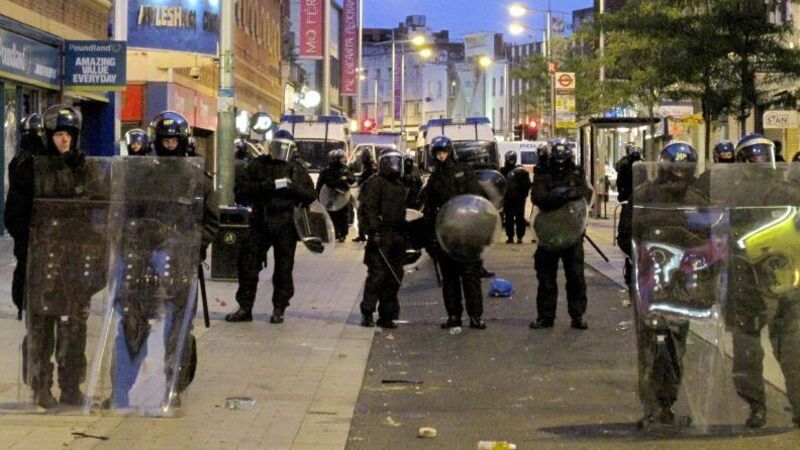Knee-jerk jail terms for rioters ‘undermine justice system’

The warning that the rush to send out a tough message and to make an example of those involved in violence was leading to “some very bad sentences” came as members of Britain’s coalition government appeared split over the issue.
Prime minister David Cameron defended a court’s decision to jail two men who tried to incite riots on Facebook for four years, even though the riots they tried to plan never happened, but senior Liberal Democrats urged caution.














